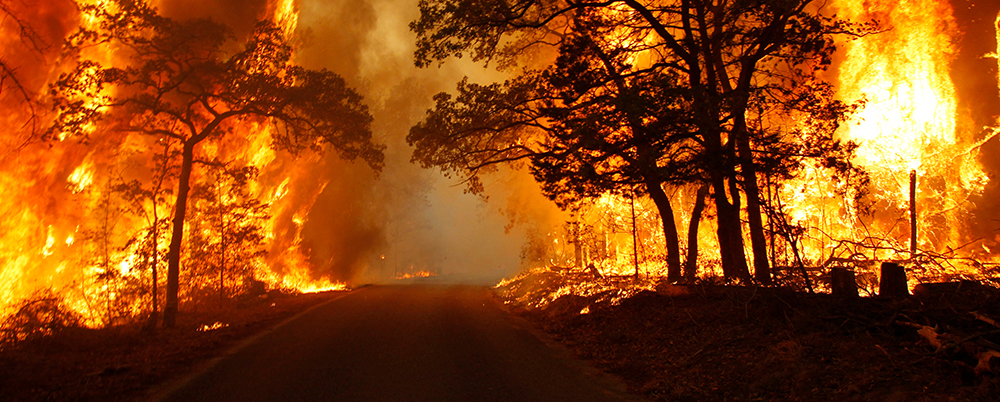
If you’ve been watching anxiously as the Smokehouse Creek Fire blazes through the Texas Panhandle, you’re not alone. Many in our community have been saddened as another catastrophic event threatens homes, families, animals, and infrastructure.
The devastating fire—the largest in Texas state history—is a stark reminder of the urgent need for evidence-based research to address the increasing impacts of climate-driven disasters.
We at the Natural Hazards Center are distraught by the events in Texas, as well as those that have come before and those we know will follow. But we are also mission-bound to do what we can reduce the harm from such events. We know many of you feel the same responsibility.
With that in mind, we wanted to highlight two award programs that are available to assist researchers interested in collecting perishable data related the Smokehouse Creek Fire:
Wildfire Ready Quick Response Research and Data Publication. This call for proposals provides funding to collect data before, during, and after wildfires, and to publish fire weather data, instruments, and protocols. Available funds will support three tracks of awards ranging from $1,000 to $7,500 each. Proposals will be accepted through June 3, 2024. Proposals are reviewed and awards issued as they are received.
Special Call for Health and Climate-Related Disaster Research. This special call provides funding from the National Institutes of Health to explore how climate-related disasters impact the health outcomes of disproportionately affected groups. Available funds will support awards in the amount of $10,000 to $50,000 each. Proposals will be accepted until funds are exhausted. Proposals are reviewed and awards issued as they are received.
While we encourage researchers to study and learn from these events, we also want to ensure that all research—whether funded by us or not—is conducted with the highest integrity. We recommend reviewing the CONVERGE Training Modules to learn more about relevant topics such as collecting and sharing perishable data, conducting emotionally challenging research, and ethical issues that might arise.
Thank you so much for the work you do before, during, and after disasters. It will take all of us to find solutions to these crises and we are committed to supporting research to help lessen the suffering from disasters.